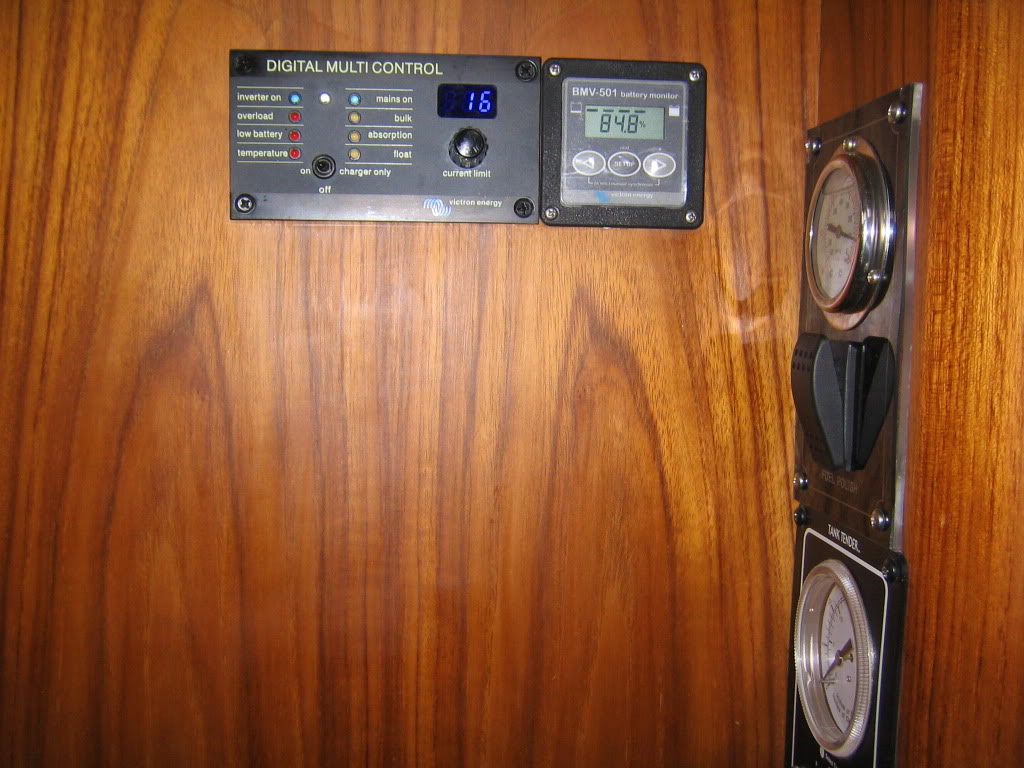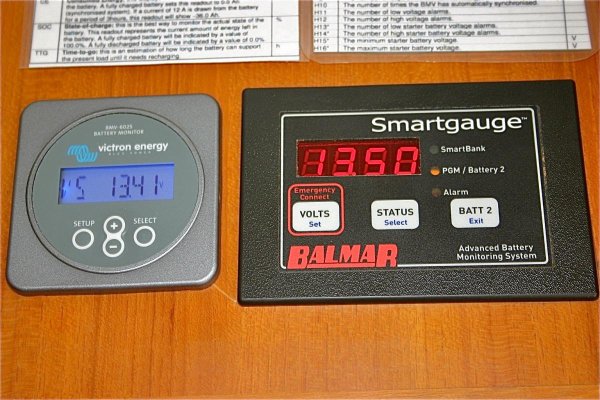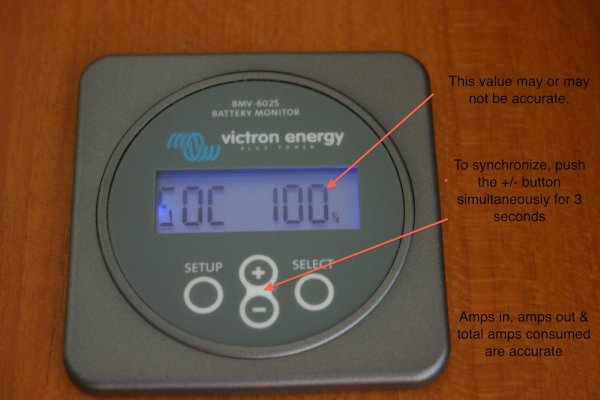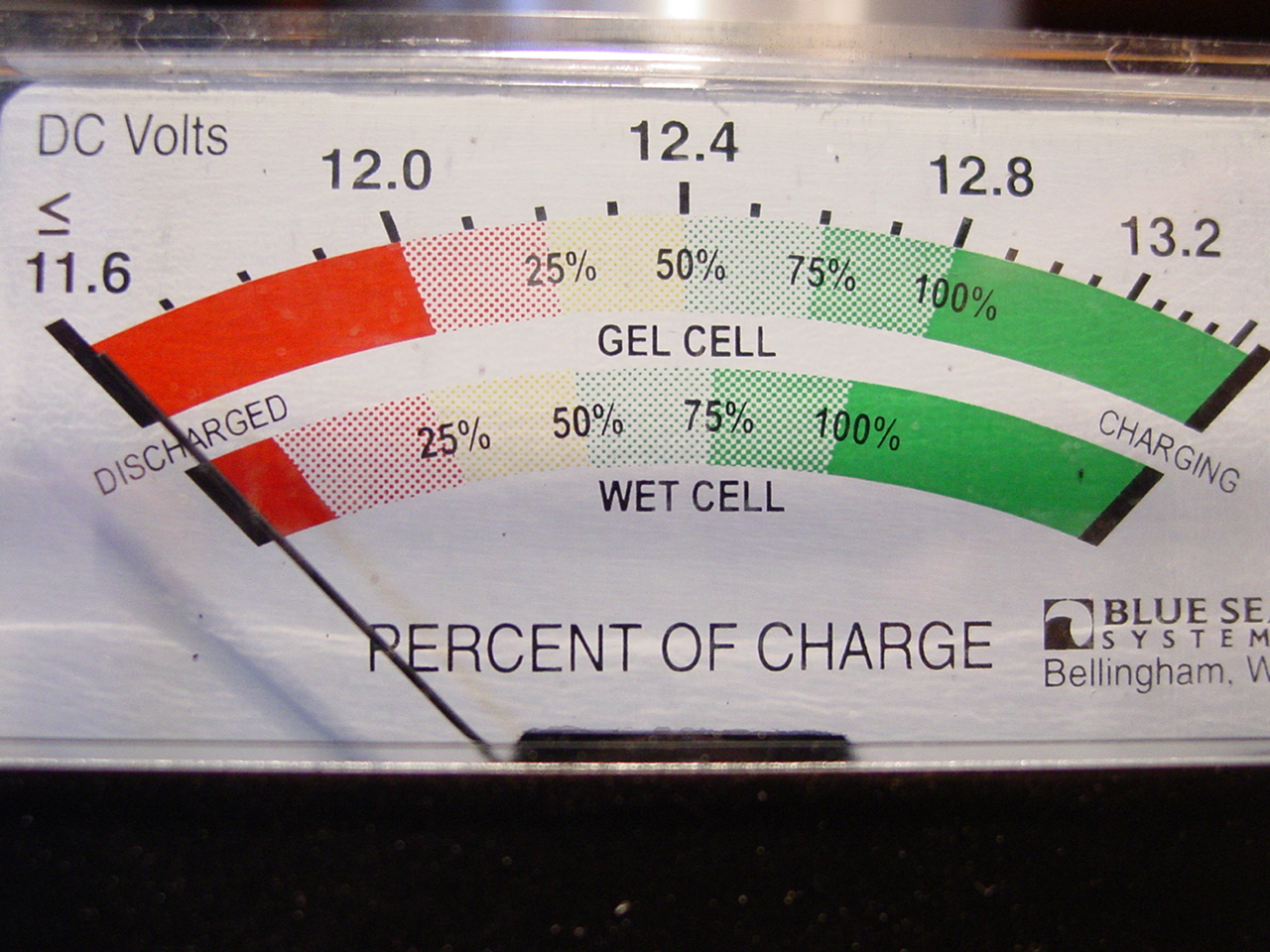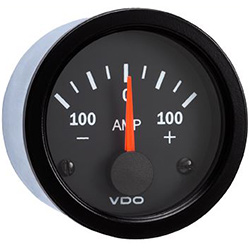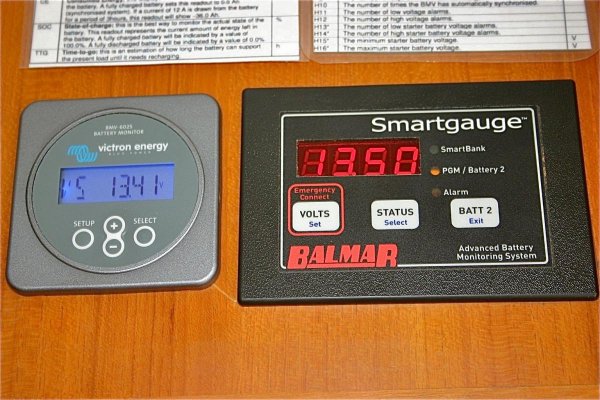I know about checking battery voltage and then running the motor to see that the Alternator is actually working, but I'm curious to know how to measure the amps being produced by the Alternator at any given time.
I have a bank of 5 AGM house batteries charged by a single alternator only Starboard Volvo. There's a Blue Seas ACR in line to serve the starting battery on that side, and a Xantrex freedom 10 inverter/charger on that bank too. I have a No. Lights 8kw genset which hasn't ben working lately... More on that later.
A bit of history....
At one point, I ran the house batteries down quite low. Low enough that I got a warning of low voltage from the display on the VHF while I was out at sea. I believe that the switch for the ACR was in the off position. I can't be sure. I kicked on the generator and got them back up, but in an odd coincidence, the genset suffered a mechanical catastrophe. Luckily, we got to shore, where we found a blown 150 amp fuse between the ACR and the house bank. Replaced that one, charged up and made it home without the genset, but the Xantrex remote was reading 12.0v for the entire three day trip. So, the problem seems to be that the alternator is charging, but after a couple hours under way, the house bank gets down to 12-volts just hangs there. They don't drop real low, but they never get up to 13-13.5 that I would like. Even when they are connected to the shore power the Xantrex can only get them up to about 13. Maybe that's not a problem, but it seems weird that they run down to a certain point and then kinda hang like that forever.
I have a bank of 5 AGM house batteries charged by a single alternator only Starboard Volvo. There's a Blue Seas ACR in line to serve the starting battery on that side, and a Xantrex freedom 10 inverter/charger on that bank too. I have a No. Lights 8kw genset which hasn't ben working lately... More on that later.
A bit of history....
At one point, I ran the house batteries down quite low. Low enough that I got a warning of low voltage from the display on the VHF while I was out at sea. I believe that the switch for the ACR was in the off position. I can't be sure. I kicked on the generator and got them back up, but in an odd coincidence, the genset suffered a mechanical catastrophe. Luckily, we got to shore, where we found a blown 150 amp fuse between the ACR and the house bank. Replaced that one, charged up and made it home without the genset, but the Xantrex remote was reading 12.0v for the entire three day trip. So, the problem seems to be that the alternator is charging, but after a couple hours under way, the house bank gets down to 12-volts just hangs there. They don't drop real low, but they never get up to 13-13.5 that I would like. Even when they are connected to the shore power the Xantrex can only get them up to about 13. Maybe that's not a problem, but it seems weird that they run down to a certain point and then kinda hang like that forever.

